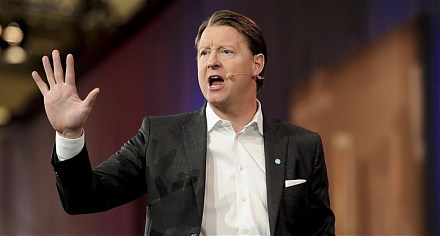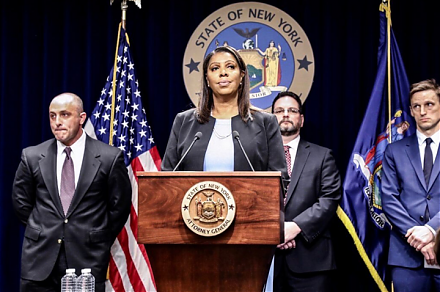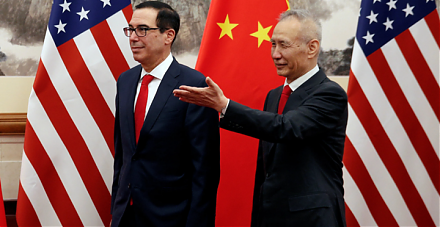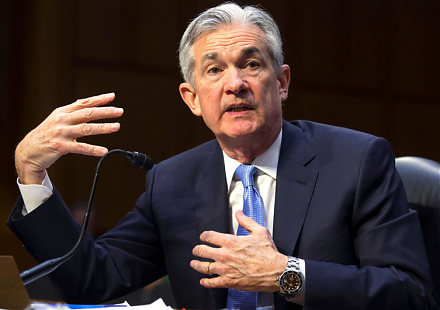

2018-09-29 12:39:00 Sat ET
stock market gold oil stock return s&p 500 asset market stabilization asset price fluctuations stocks bonds currencies commodities funds term spreads credit spreads fair value spreads asset investments
The Securities and Exchange Commission (S.E.C.) sues Elon Musk for his August 2018 tweet that he has secured external finance to convert Tesla into a private company. Federal regulators accuse Musk of misleading stock market investors with false public statements. This regulatory move can potentially oust Musk out of his current chief executive leadership at the electric carmaker Tesla. The S.E.C. files a recent lawsuit in the federal court in New York to accuse Musk of committing fraud by making false public statements that may inadvertently be detrimental to shareholder value.
This lawsuit seeks to bar Musk, who is both the CEO and executive chairman at Tesla, from serving as an executive director of public corporations such as Tesla. This punishment is one of the most serious remedies that the S.E.C. can impose against corporate executive incumbents. From a regulatory viewpoint, Musk might be reckless in not knowing the fact that his public statements can mislead stock market investors who maintain an active interest in Tesla shares. Both in truth and in fact, Musk has never confirmed any key deal terms such as deal price and stock exchange etc with any relevant source of external finance. Tesla shares tumble 12% in direct response to this S.E.C. lawsuit.
The S.E.C. eventually settles this lawsuit with Elon Musk who has to relinquish his chairman role but remains the CEO with complete corporate control at Tesla.
As part of this swift legal settlement, Musk and Tesla have to pay hefty fines of $20 million each. Musk and Tesla neither admit nor deny any egregious mistakes that the S.E.C. alleges in recent times.
Elon Musk ultimately has to abort his previous plan to transform Tesla into a private company. This case sets a landmark precedent for CEOs and executive chairmen who might inadvertently erode shareholder value via their erroneous tweets, public statements, articles, blogs, and posts etc.
S.E.C. regulatory scrutiny and oversight thus serve as a safety valve that prevents CEOs and executive chairmen or chairwomen from social engagement that might result in false public statements.
If any of our AYA Analytica financial health memos (FHM), blog posts, ebooks, newsletters, and notifications etc, or any other form of online content curation, involves potential copyright concerns, please feel free to contact us at service@ayafintech.network so that we can remove relevant content in response to any such request within a reasonable time frame.
2018-05-04 06:29:00 Friday ET

Commerce Secretary Wilbur Ross suggests that 5G remains a U.S. top technology priority in light of the telecom merger proposal between Sprint and T-Mobile a
2019-10-21 10:35:00 Monday ET

American state attorneys general begin bipartisan antitrust investigations into the market power and corporate behavior of central tech titans such as Apple
2019-05-09 10:28:00 Thursday ET

President Trump ramps up 25% tariffs on $200 billion Chinese imports soon after China backtracks on the Sino-American trade agreement. U.S. trade envoy Robe
2020-04-24 11:33:00 Friday ET

Disruptive innovations tend to contribute to business success in new blue-ocean markets after iterative continuous improvements. Clayton Christensen and
2018-03-21 06:32:00 Wednesday ET

Fed Chair Jerome Powell increases the neutral interest rate to a range of 1.5% to 1.75% in his debut post-FOMC press conference. The Federal Reserve raises
2019-01-29 10:33:00 Tuesday ET

Global trade transforms from labor cost arbitrage to high-skill knowledge work. In fact, multinational manufacturers have been trying to create global suppl